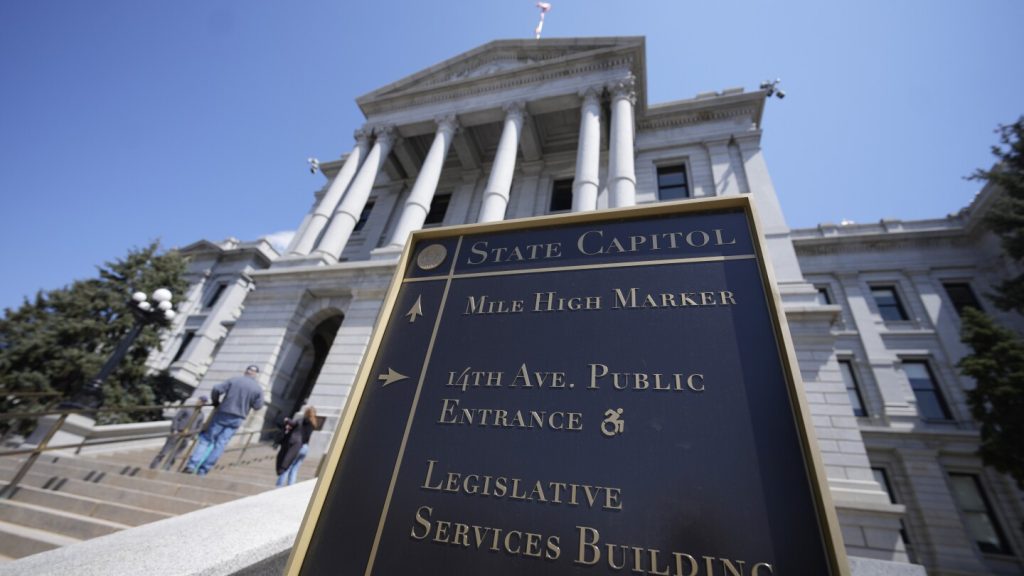Two different bills addressing the placement of LGBTQ+ children in foster care have been advanced by state legislatures in Tennessee and Colorado. In Tennessee, a measure passed by the Republican supermajority would allow LGBTQ+ children to be placed with families that hold anti-LGBTQ+ beliefs, while in Colorado, a bill passed by the Democratic majority would install protections for children in such placements. With the bills expected to be signed into law by the respective governors, the contrasting approaches highlight a national debate on LGBTQ+ rights as red and blue states clash over legislation.
Colorado’s bill establishes a bill of rights for foster children, requiring foster parents to follow an LGBTQ+ child’s preferred name, pronouns, and gender expression. This bill aims to ensure that foster children are respected and supported in their identities, providing them with a sense of security and acceptance. While these rules are already outlined as guidelines, the bill would hold foster parents accountable and inform foster youths of their rights, emphasizing the importance of preserving a child’s identity during a challenging time in foster care.
In Tennessee, the proposed legislation would allow state officials to consider the “religious or moral beliefs” of prospective adoptive or foster parents when determining appropriate placement for children. While the bill does not mandate placing LGBTQ+ children with anti-LGBTQ+ families, critics express concerns about the potential for children in state custody to be placed in homes where their gender or sexual identities are not supported. LGBTQ+ advocates warn that the bill could lead to discrimination and harm against vulnerable children, urging for protections to ensure all children are placed in safe and accepting environments.
Republican lawmakers in Tennessee have pushed back against the bill in Colorado, arguing that it could restrict foster parents’ ability to provide guidance to children in their care. Critics have raised concerns about the broad LGBTQ+ protections included in the bill, viewing them as unnecessary and potentially infringing on parental rights. On the other hand, supporters of the Colorado bill emphasize the importance of prioritizing the well-being and identity of foster children, advocating for policies that promote inclusivity and respect for diverse identities.
Amid the national debate surrounding LGBTQ+ rights, states like South Carolina and West Virginia have introduced bills similar to Tennessee’s legislation, reflecting the ongoing tug of war between red and blue states on this issue. LGBTQ+ children are disproportionately represented in the foster care system, highlighting the need for policies that ensure these vulnerable youth are placed in safe and supportive environments. As the contrasting bills in Tennessee and Colorado demonstrate, the protection and well-being of LGBTQ+ children in foster care remain at the center of legislative discussions across the country.
The proposed bills in Tennessee and Colorado have sparked debates over the rights and protections of LGBTQ+ children in foster care. While Colorado’s bill aims to safeguard the identities of foster children and hold foster parents accountable, Tennessee’s legislation raises concerns about potential discrimination and harm against LGBTQ+ youth. As these bills move closer to becoming law, their impact on LGBTQ+ children in foster care and the broader national conversation on LGBTQ+ rights will continue to be closely watched and debated.















